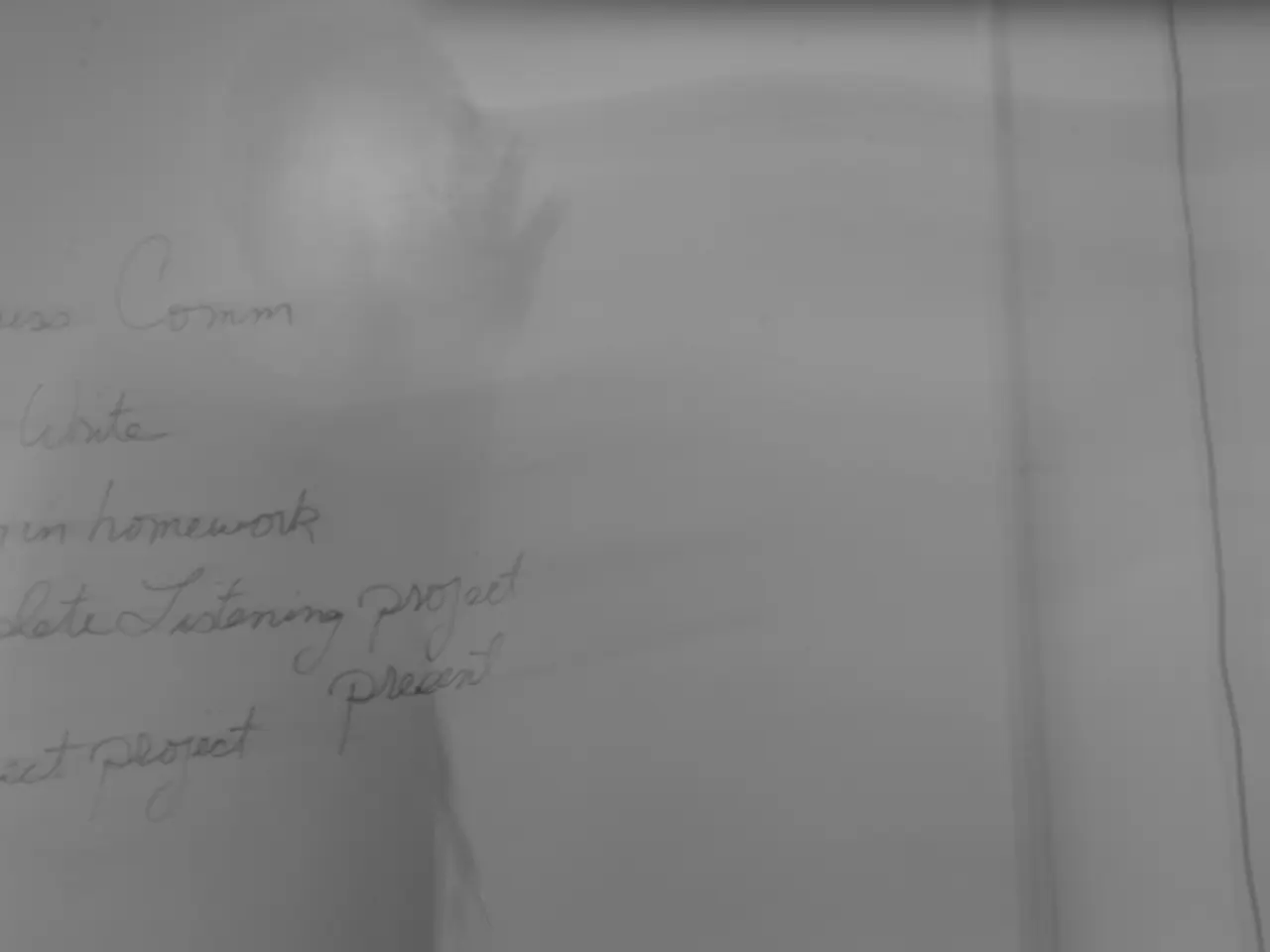BJP Policy Shift: Exploring the Reasons Behind Changes in Divorce, Inheritance Laws, and Other Policies, as Outlined by Aakar Patel
In the political landscape of India, the Bharatiya Janata Party (BJP), as the largest and most dominant political force, has seen a significant evolution in its stance on various social issues, particularly regarding divorce and inheritance rights for women in Hindu society.
Initially, from the 1950s through the early BJP period, the party strongly opposed divorce and advocated for joint families, reflecting a conservative interpretation of Hindu social traditions that tended to restrict women's autonomy, including their rights in divorce and inheritance. This opposition was part of a broader political-cultural stance emphasizing family unity and traditional Hindu social orders, implicitly or explicitly curbing women’s rights in personal laws.
The Jan Sangh, the precursor to the BJP, was particularly vocal in its opposition to the Hindu Code Bill proposed by Dr. B.R. Ambedkar in the early 1950s, which aimed to modify Hindu personal law, particularly regarding inheritance for women. The Jan Sangh argued that such changes were not acceptable unless rooted in ancient culture[1].
However, over time, influenced by changing social realities and political dynamics, including legal reforms in India regarding women's personal laws, the BJP has progressively moderated its position. While early manifestos and policies aligned with conservative Hindu values, more recent BJP positions reflect some accommodation of women's rights in divorce and inheritance, though often still framed within a Hindu cultural-nationalist perspective[4].
The evolution reflects a tension between preserving traditional Hindu social structures and accommodating modern legal and social changes on women's rights. For instance, the Jan Sangh's initial stance against divorced women and widowed daughters-in-law inheriting property has softened over the years, although the party's approach remains rooted in its cultural and nationalist ideology[2].
The article, penned by the chair of Amnesty International India, Aakar Patel (@aakar_patel), suggests that the BJP is under pressure to explain itself, even if the pressure is gentle, due to its own stated principles and its current discussions about removing socialism and secularism from the Constitution[3]. As the party navigates these complex debates, it is crucial for the BJP to communicate its shifts in policy to its voters and to the citizens of India.
References:
[1] "The Jan Sangh's opposition to Dr. Ambedkar's proposals in the Hindu Code Bill." The Indian Express, 2020.
[2] "The Jan Sangh/BJP's stance on divorce and inheritance rights for women in Hindu society." The Hindu, 2019.
[3] "The BJP under pressure to explain itself." The Times of India, 2021.
[4] "The evolution of the BJP's stance on women's rights." India Today, 2022.
The Bharatiya Janata Party (BJP) has seen a shift in its stance on women's rights, particularly divorce and inheritance issues, as observed in its policy-and-legislation and general-news discourse. This evolution, highlighted in reports such as "The evolution of the BJP's stance on women's rights" by India Today (2022), represents a tension between preserving traditional Hindu social structures and accommodating modern legal and social changes. As the party continues to navigate these complex debates, it is important for the BJP to communicate its changes in policy to both its voters and the citizens of India.





